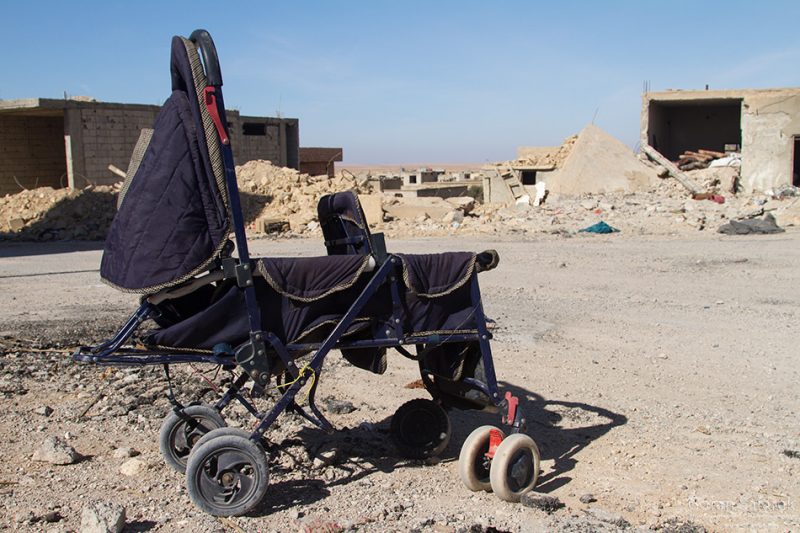The water crisis as one cause of the Syrian civil war
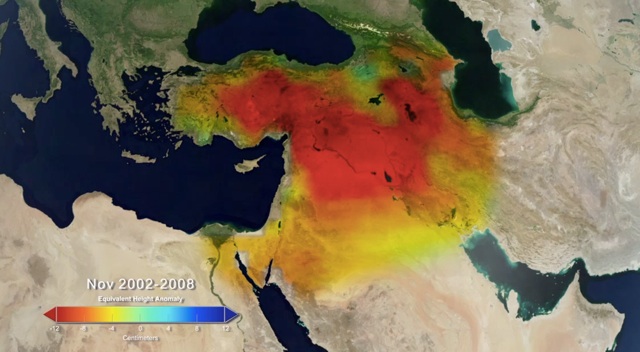
There are many reasons to every war, from politics, religion, history… The same applies to Syria. One often overlooked reason is the water crisis and possibly the climate change as a root cause.
Syria is mostly an arid country and relies on the underground water pumping.
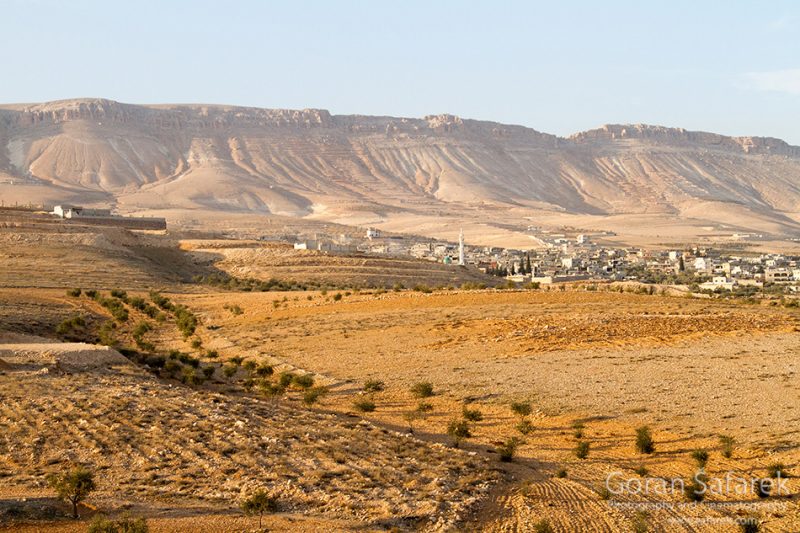
The first decade of 2000 saw a huge drought in mostly northern Syria, along with Turkey and Iraq. Drought impacted more than 1.3 million people in Syria.
As a result, people started heavily pumping the underground water. However, there was no replenishment due to the prolonged drought so underground aquifers started dropping seriously. Before people were digging from depths of 50 meters, now they had to reach several hundred meters (at some places 700m). To aggravate the situation, even more, 135 000 wells drilled before the drought doubled in a few years.
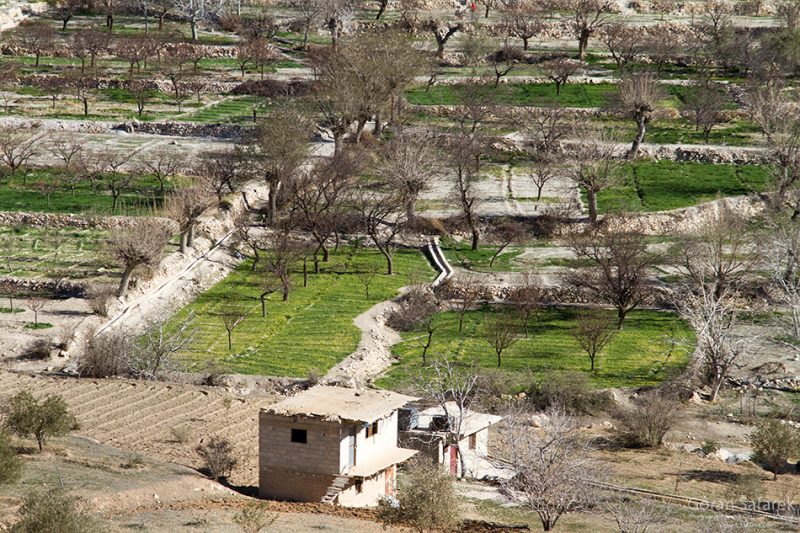
Combined with decades of poor water management brought about the collapse of agriculture. Crops were gone, 85% of domestic animals also succumbed. 16o villages were deserted.
A huge wave of peasants flooded the suburbs of big cities. The urban population of Syria grew significantly.
Climate refugees met refugees from Iraq, Assad’s dictatorship, corruption, nepotism, economic struggle, Islamist cells, Arab spring, foreign power interests (USA; Russia, Turkey, KSA, Iran)… It is known that most of the rebels came from the suburbs and smaller nearby towns, for example of Aleppo (Al Bab, Azaz, Mare…), not the urban center.
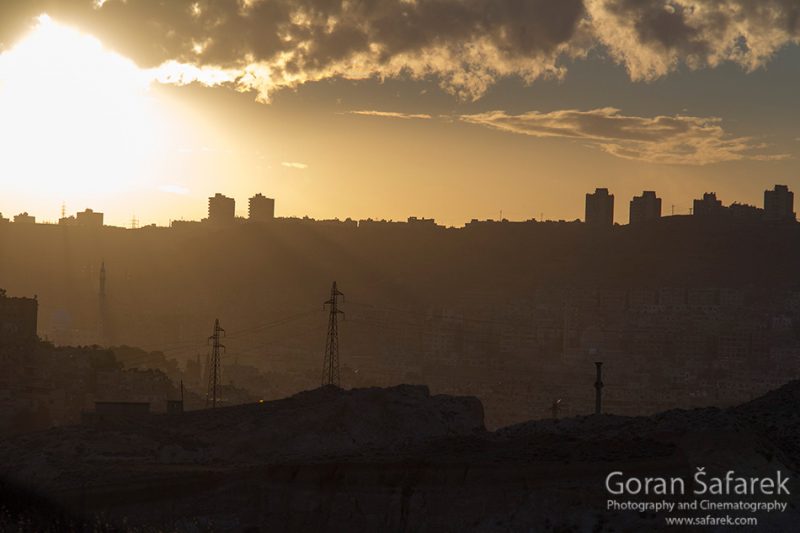
No help for Syria
According to the Michael Shank, director of Foreign Policy at the Friends Committee on National Legislation, a confidential cable sent from Syria explained the dire situation before the war, with the Syrian minister of agriculture stating publicly that the economic and social fallout from the drought was beyond their capacity as a country to deal with.
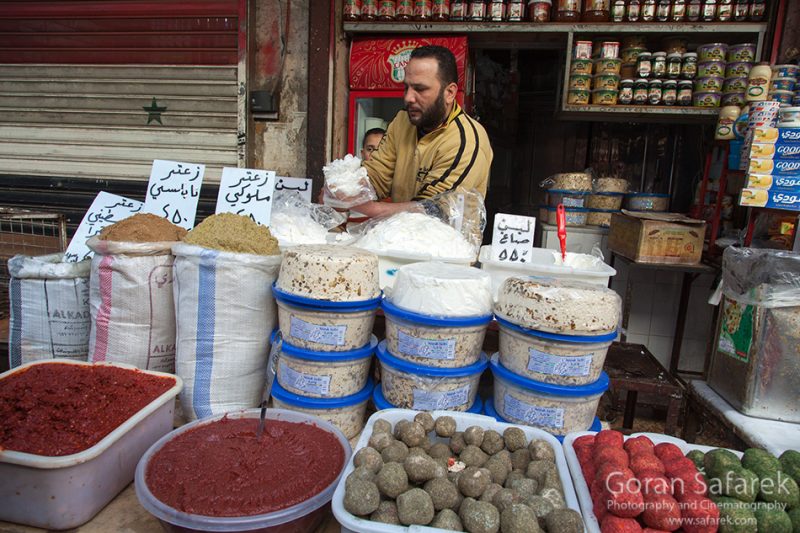
The cable explained how Syria, the United Nations Food and Agriculture Organization, U.N. Development Programme and the World Food Programme requested roughly $20 million from donor countries and donor organizations to provide emergency food aid, restore food production and safeguard agricultural livelihoods. In a direct appeal to Washington, an FAO representative in Damascus even expressed his hope that “improving relations” between the U.S. and Syria might encourage the U.S. to become a donor to the 2009 Drought Appeal. Donor countries only ponied up around $5 million, a quarter of the total need, and Unites States refused to help.
It is possible that this water crisis was tipped the balance to the revolution and later the war.
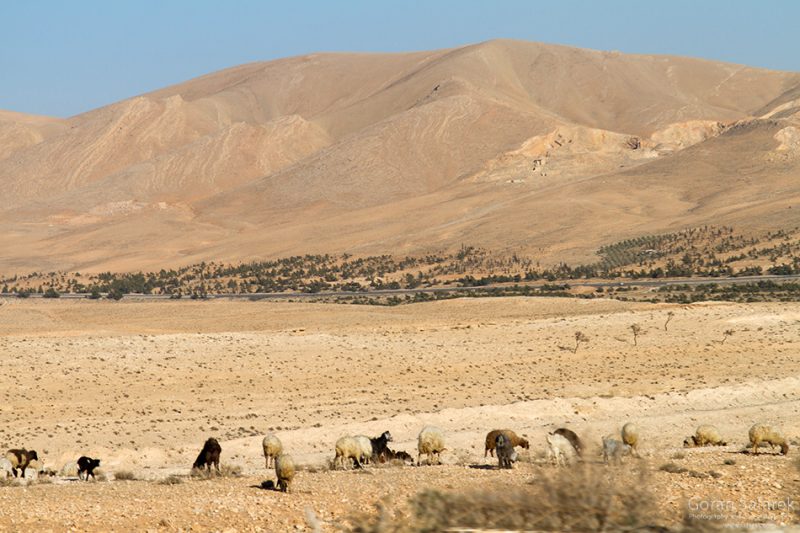
War for rivers?
Rivers are very important i hydrological parts of the hydrological cycle. Even today, many rivers are siphoned by water thirsty farmers and cities. Jordan and Colorado rivers are known examples, not only for the unsustainable use of the water and neglecting the nature, but also creating conflicts for various users. Diverting and damming the rivers for hydropower, irrigation could spell many problems in the arid regions.
“War” for the rivers could also become reality in not so distant future.
